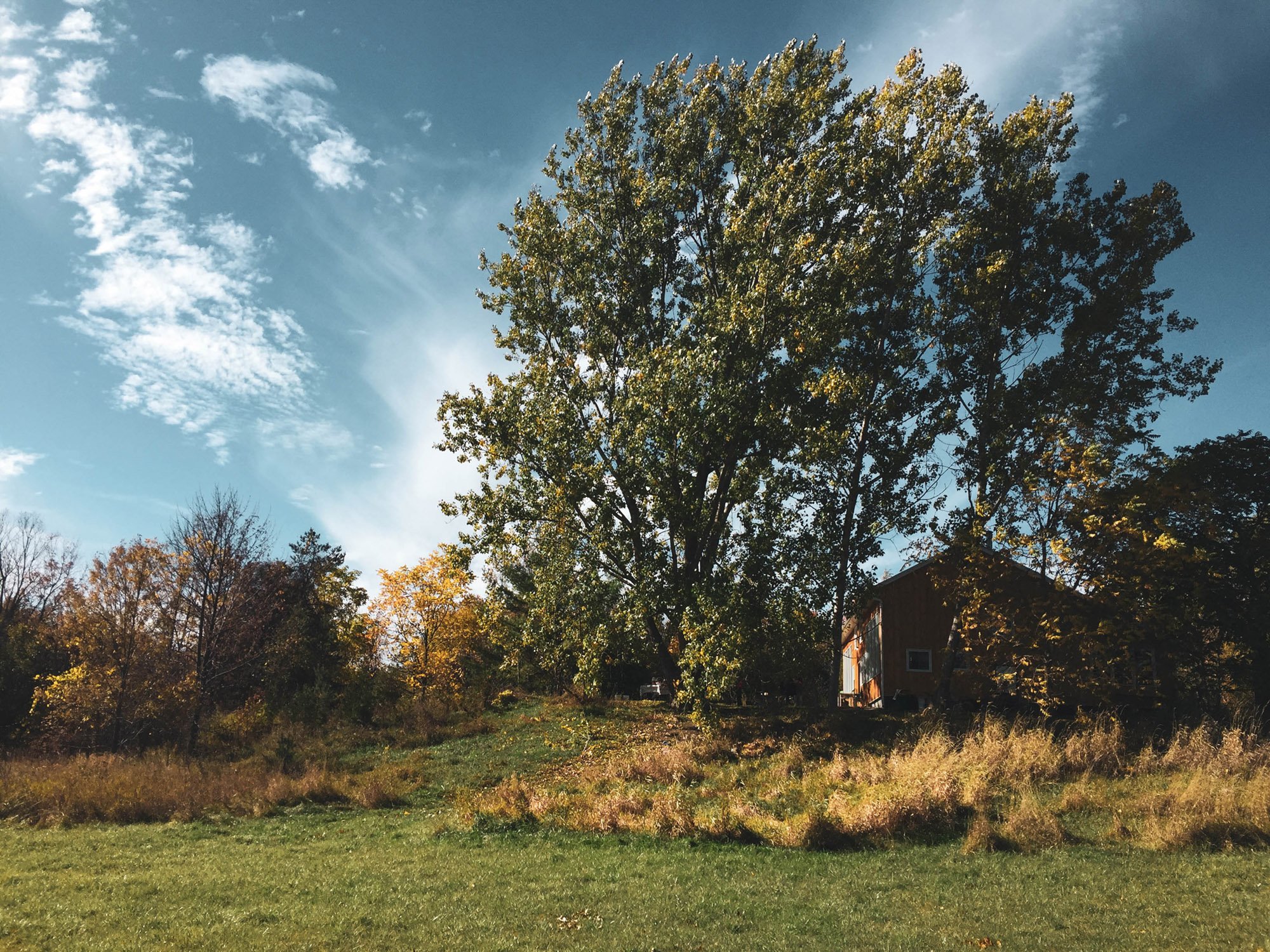
Primary Pod Program
"Never let school interfere with your education "
- Mark Twain
Our Primary Pod is an alternative educational opportunity for children grades 1-6. This multi-age class focuses on developing the whole child in a nature immersion setting. Our educator applies child-led inquiry based learning on a one-on-one basis and with the whole group.
Children are trusted and empowered to learn and grow at their own pace, in their own way. Furthermore, play-based learning is given centre stage. Play is a complex childhood task that results in learning that is non-linear and that engages skill building in all bio/psycho/social developmental realms. In play, children learn complex: problem solving, conflict resolution, life skills, language, negotiation, and numeracy skills. Our educator develops an authentic relationship with each child and gets to know each child's learning style. They are then equipped to facilitate each child's growth in a deep and rich manner. Children are not perceived as empty vessels to fill with content, but rather curious, capable and competent individuals. Their natural curiousity and love of learning are ignited and gently nourished in these neuroplastic formative years.
The Curriculum
Our curriculum is emergent - guided by the natural world, its seasons, and each child's unique curiosities and readiness. We believe that living and learning are inseparable, that life itself provides the best learning available. Our program borrows from the educational models of Democratic schools, Waldorf, Montessori, Reggio Emillia and the Ontario Curriculum. These models emphasize self-directed learning, project based learning, and play based learning. Children are natural learners and our program works to keep their natural desire for learning alive by fanning the flames of inquiry. Assessment of learning is done through observation, conversation, and work completion. Cumulative skills in math and literacy are guided and built upon at the child's pace. This program does not use tests or grades as an assessment tool and is a non-competitive learning environment (aside from competitive games that are played). To prepare children to enter a school system where tests are used, we will expose them to the concept and the practice of them through games and challenges. Learners do not compare their work nor are they expected to complete the same work. Our educator provides feedback and input on the child's work as they go, emphasizing process over product and the journey over the destination.
the benefit
"A child said What is the grass? fetching it to me with full hands; How could I answer the child? I do not know what it is any more than he." Walt Whitman
Nature Connection
Nature connection is deeper than environmental education. It is beyond tree identification and stream studies, it is immersion. The natural world is the host of our programs and also the teacher. Rich inquiry emerges when children spend time through all of the seasons in the same natural world. Learners become stewards of the natural world and develop strong ecological literacy skills.
Sense
of Self
Through authentic relationships with our educators and their peers, children acquire skills in empathy, trust, intuition, and self-awareness. Using the model of self-directed learning from democratic schools, learners have the opportunity to dive into interests and topics that speak to them and that serve their curiousities. This nourishes a child's intrinsic motivation, rather than motivating them using external rewards (ie. marks, stickers, praise etc.). Their learning is real, meaningful and relevant to them giving them the opportunity to connect with their inner voice and strengths.
Community
Care
Learning becomes authentic when it happens in the real world context. Community is found at all levels of eco-systems. Our primary class will connect with our communities through field trips, special guests, and regular correspondence. Learning will be connected to purpose and its role in the community. Concepts of community are thread through all projects and work.
Physical
Literacy
Children's vestibular and proprioceptive senses are foundational to learning. These senses are stimulated through free movement - swinging, climbing, jumping, spinning, sliding and running. Our primary learners are given loads of time to satisfy their needs for movement in free play and through organized games/sports. Movement and learning are inseparable, thus gross motor play is valued and prioritized.
Academic
Skills
Students in the primary pod are empowered with the freedom to direct their own learning. They are provided with resources, teachers, and time to learn what they are interested in and how they are interested in it. The classical academic skills of literacy and numeracy are acquired through inquiry, play, and child readiness. Our educator nudges each child to be challenged and applies literacy and numeracy using the child's interests and genuine needs. Learning these skills when there is a true need for them makes for lasting applied knowledge rather than short term memory. Children are given the time they need to absorb and retain concepts and information before moving onto a different topic.
The details
Hours of Operation
Our primary program runs Monday to THURSDAY from 9:00 AM - 3:30 PM with after-hours possible until 4:30pm.
School will be closed for 2 weeks at Christmas, one week at March Break and on statutory holidays.
Program Costs
2024/25 Rates (subject to change each year)
4 days per week - Mon to Thurs
Annual Tuition | $8828 (1 payment - $100 savings)
Term Tuition | $2976 (3 payments)
2 Days per week
Annual Tuition | $4364 (1 payment - $100 savings)
Term Tuition | $1488 (3 payments)
Annual tuition is due September 1, 2024. Term tuitions are due September 1, January 1, and April 1 2024.
Deposit: 50% of your first term tuition.
After Hours Care
$5/30min from 3:30-4:30pm.
Program Cycles
First Day: September 3, 2024.
Last Day: TBD
December Break: Dec 23,2024-Jan 3, 2025
March Break: March 10-14, 2025
PD Days: TBD
Food & Nutrition
Students will bring their own lunch and snacks. When we have a participant / employee / volunteer with a nut allergy, we are a nut-free facility. At the moment, we have no one with such an allergy and thus we are tree-nut friendly (almonds, walnuts, cashews, etc). We remain peanut free as a cautionary measure.
We include wild edibles and our school gardens into our programming. Children love to taste/eat straight from our kitchen garden (herbs, tomatoes, ground cherries, greens).
Location & Facilities
The Primary Pod will operate at Kimbercote Farm, home of Hundred Acre Wood. The pod will use a geodesic dome and the Hundred Acre Wood facilities. They will have the privilege to explore over 100 acres of meadow, forest, creek, and the Bruce Trail. The Primary Pod will move around a little bit - spending days at Metcalfe Rock and other local destinations.






